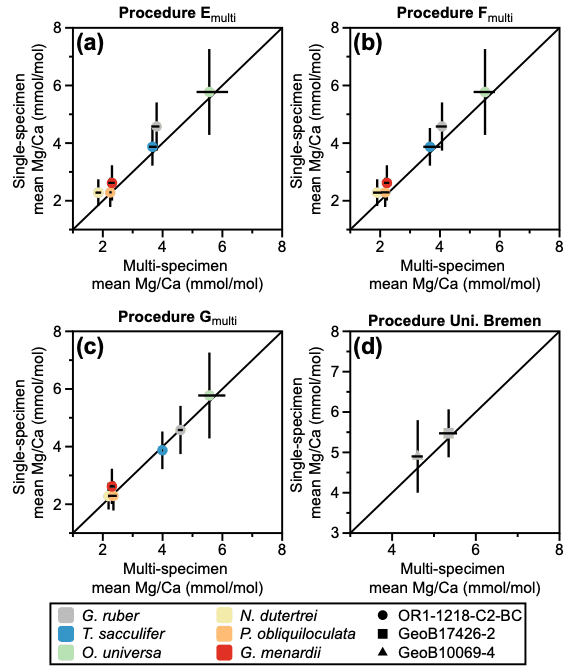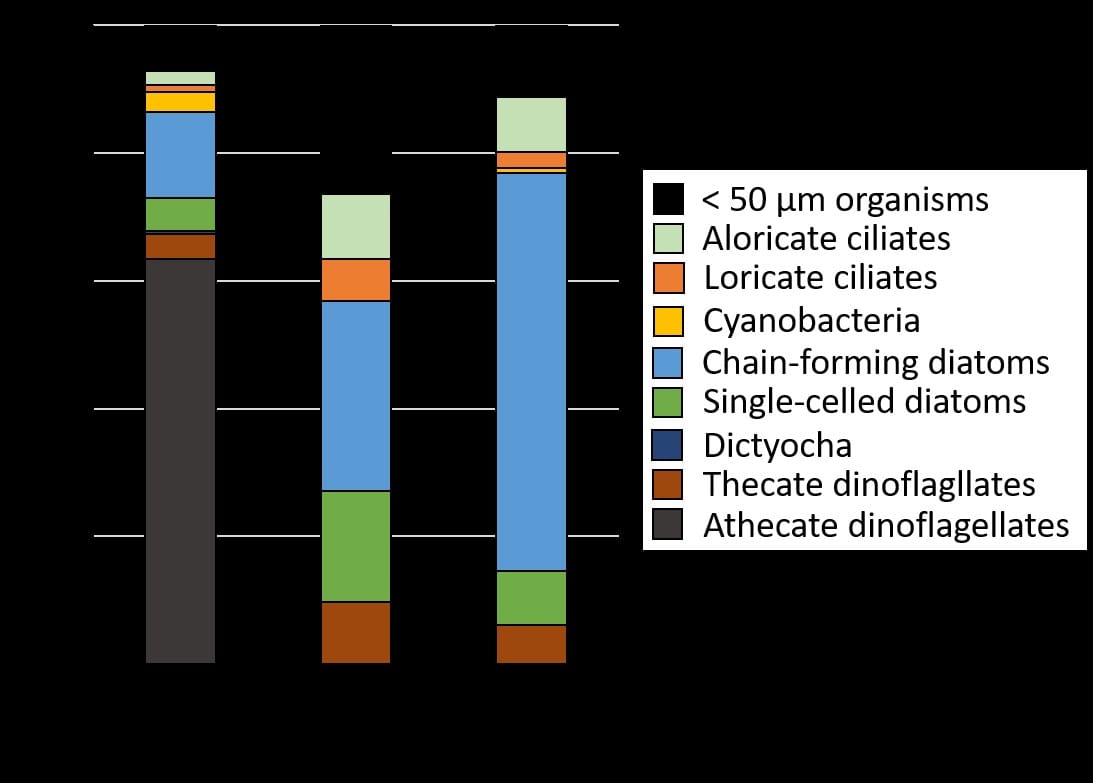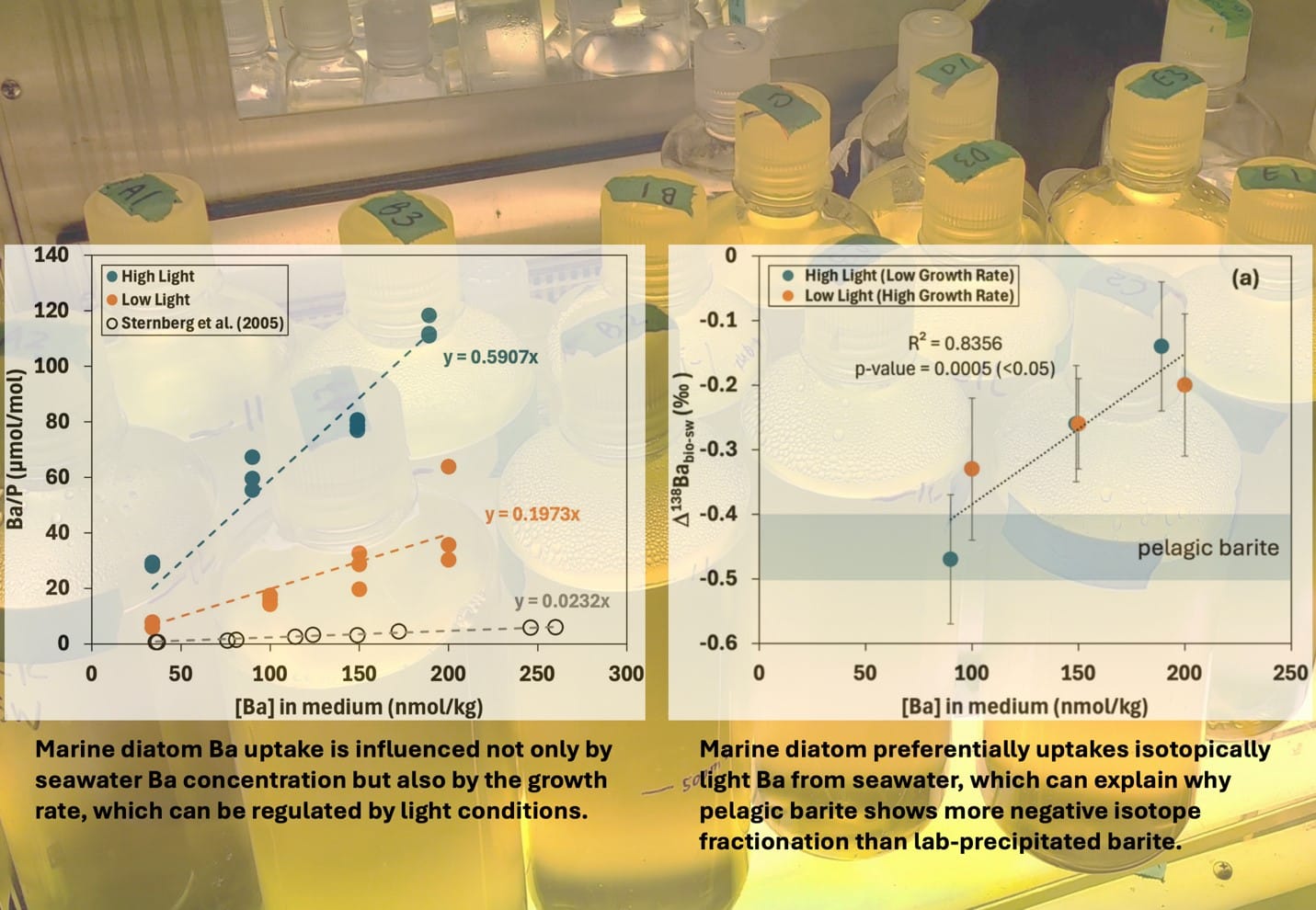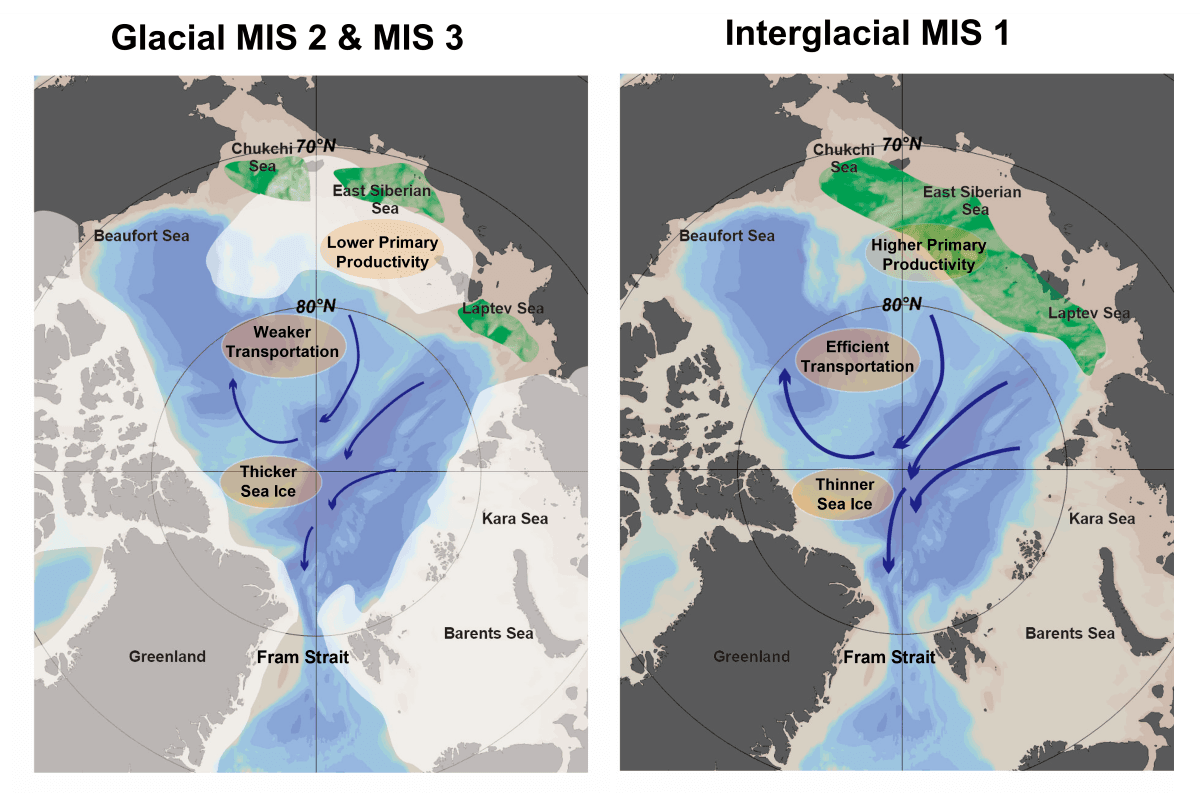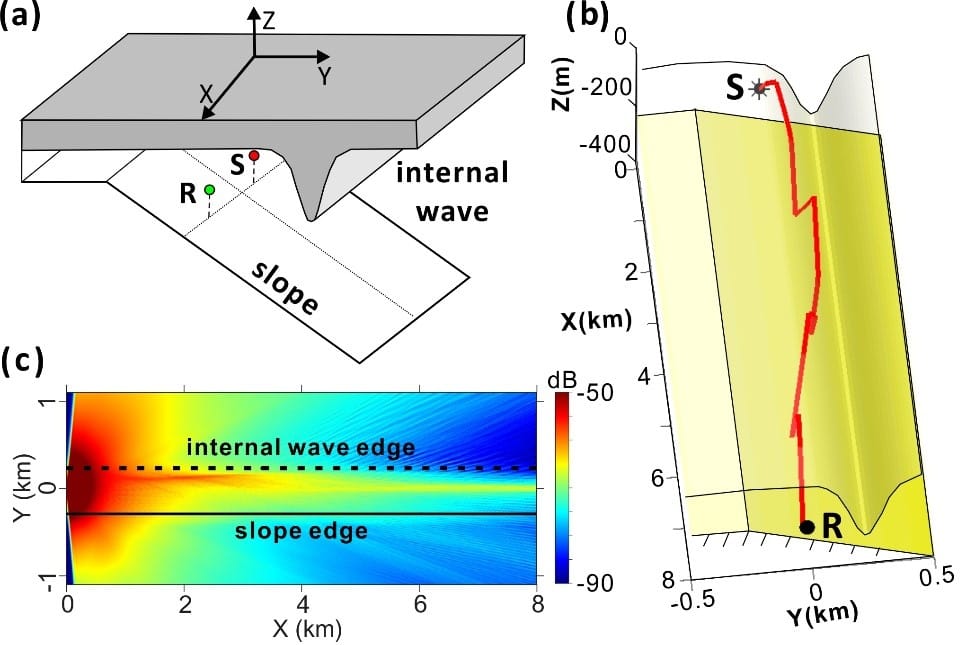講者:Dr. Yi-Jay Chang (NOAA Pacific Islands Fisheries Science Center)
題目:Completing the puzzle: stock assessment for sustainable fisheries.
時間:3月25日(三) 10:30-12:00
地點:海洋研究所2樓大講堂
(Lunch with candidate:12:00, 海洋研究所R106)
Biographical Summary
Yi-Jay Chang is a Fishery Scientist currently employed within the Stock Assessment Program of the Fisheries Research and Monitoring Division at the National Oceanic and Atmospheric Admiration (NOAA) Pacific Island Fisheries Science Center in Honolulu, Hawaii. In 2011, he earned the Ph.D. in fisheries science at the National Taiwan University (Professor Chi-Lu Sun, dissertation advisor). Dr. Chang’s research interests have focused on fish population dynamics and stock assessment. His professional experience includes collaborative work with numerous experts in fisheries science including professors and scientists at the National Taiwan University, University of Maine, University of Washington, the National Marine Fisheries Service (NMFS) at NOAA, and the Inter-American-Tropical-Tuna-Commission. Dr. Chang’s current activities include serving as the lead modeling scientist for a stock assessment of North Pacific striped marlin Kajikia audax to be conducted in April 2015 under the aegis of the Billfish Working Group of International Scientific Committee for Tuna and Tuna-like Species in the North Pacific Ocean (ISC/BILLWG).
Abstract
Fisheries contribute significantly to the world economy and provide important food supply for locally and globally. To continue to enjoy these benefits, we must carefully manage fish stocks to ensure sustainable use for current and future generations. Stock assessments are key to fisheries management. Stock assessments examine the effects of fishing and other factors, such as small- and large-scale environmental changes, to describe the past and current status of a fish stock and to make predictions about how a fish stock will respond to current and future management measures. In my presentation, I will explain what a stock assessment is, and using case studies of my research, I will talk about the various pieces of the stock assessment puzzle that including (1) data input – catch, abundance, and biology; (2) population modeling – population model and advanced models; (3) advice – stock status and forecast. These case studies will demonstrate how fish stock assessments support sustainable fisheries by providing fisheries managers with the best available science information to make decisions. Finally, I will discuss my thoughts and future research plans in the different prospects of improving stock assessments and fishery management in Taiwan.Speaker:Dr. Yi-Jay Chang (NOAA Pacific Islands Fisheries Science Center)
Title:Completing the puzzle: stock assessment for sustainable fisheries.
Time:3/25 (Wed) 10:30-12:00
Location:2nd floor large lecture hall of IONTU
(Lunch with candidate:12:00, Room 106 of IONTU)
Biographical Summary
Yi-Jay Chang is a Fishery Scientist currently employed within the Stock Assessment Program of the Fisheries Research and Monitoring Division at the National Oceanic and Atmospheric Admiration (NOAA) Pacific Island Fisheries Science Center in Honolulu, Hawaii. In 2011, he earned the Ph.D. in fisheries science at the National Taiwan University (Professor Chi-Lu Sun, dissertation advisor). Dr. Chang’s research interests have focused on fish population dynamics and stock assessment. His professional experience includes collaborative work with numerous experts in fisheries science including professors and scientists at the National Taiwan University, University of Maine, University of Washington, the National Marine Fisheries Service (NMFS) at NOAA, and the Inter-American-Tropical-Tuna-Commission. Dr. Chang’s current activities include serving as the lead modeling scientist for a stock assessment of North Pacific striped marlin Kajikia audax to be conducted in April 2015 under the aegis of the Billfish Working Group of International Scientific Committee for Tuna and Tuna-like Species in the North Pacific Ocean (ISC/BILLWG).
Abstract
Fisheries contribute significantly to the world economy and provide important food supply for locally and globally. To continue to enjoy these benefits, we must carefully manage fish stocks to ensure sustainable use for current and future generations. Stock assessments are key to fisheries management. Stock assessments examine the effects of fishing and other factors, such as small- and large-scale environmental changes, to describe the past and current status of a fish stock and to make predictions about how a fish stock will respond to current and future management measures. In my presentation, I will explain what a stock assessment is, and using case studies of my research, I will talk about the various pieces of the stock assessment puzzle that including (1) data input – catch, abundance, and biology; (2) population modeling – population model and advanced models; (3) advice – stock status and forecast. These case studies will demonstrate how fish stock assessments support sustainable fisheries by providing fisheries managers with the best available science information to make decisions. Finally, I will discuss my thoughts and future research plans in the different prospects of improving stock assessments and fishery management in Taiwan.

